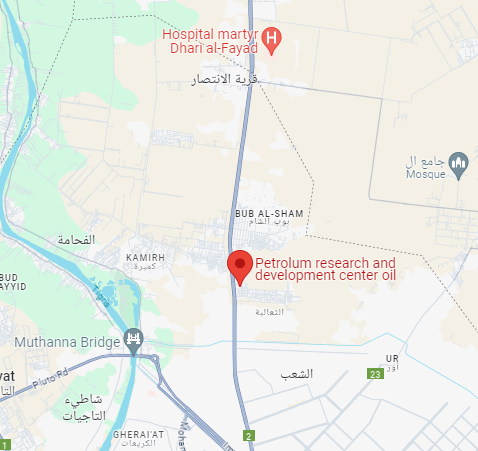A Comparison of Soybean Oil Methyl Ester and Diesel Sprays behavior and atomization characteristics
DOI:
https://doi.org/10.52716/jprs.v7i1.162Keywords:
Spray modeling, biodiesel spray, spray structure, Drop number size momentsAbstract
The present numerical study compares between spray characteristics of diesel and soybean oil methyl ester (SME biodiesel) under non-evaporating sprays. The spray structure of diesel and biodiesel fuel (soybean oil) in a common rail injection system are investigated and compared with that of available experimental data used image processing and atomization performance analysis. The proposed approach for the liquid phase based on the statistical properties of sprays be used to describe the liquid and gas phases in an Eulerian-Eulerian approach. The main concept for this model is the possibility of describing a poly disperse spray by using moments of a drop number size distribution function. The main reason for less spray tip penetration in
the (SME) comparing with diesel because a larger droplet diameters is the higher density, viscosity and surface tension of (SME). The effect of fuel properties on the near nozzle structure is studied. The comparisons are referring that the spray drag, breakup and collision processes are promoted.
Downloads
Published
How to Cite
Issue
Section
License
Copyright (c) 2020 Ahmad K. Jassim, Basim A. Abd Alhay, Rakad K. Abd Al Kadhim, Fatima Kh. Hato, Dhaa A. Hashim

This work is licensed under a Creative Commons Attribution 4.0 International License.














